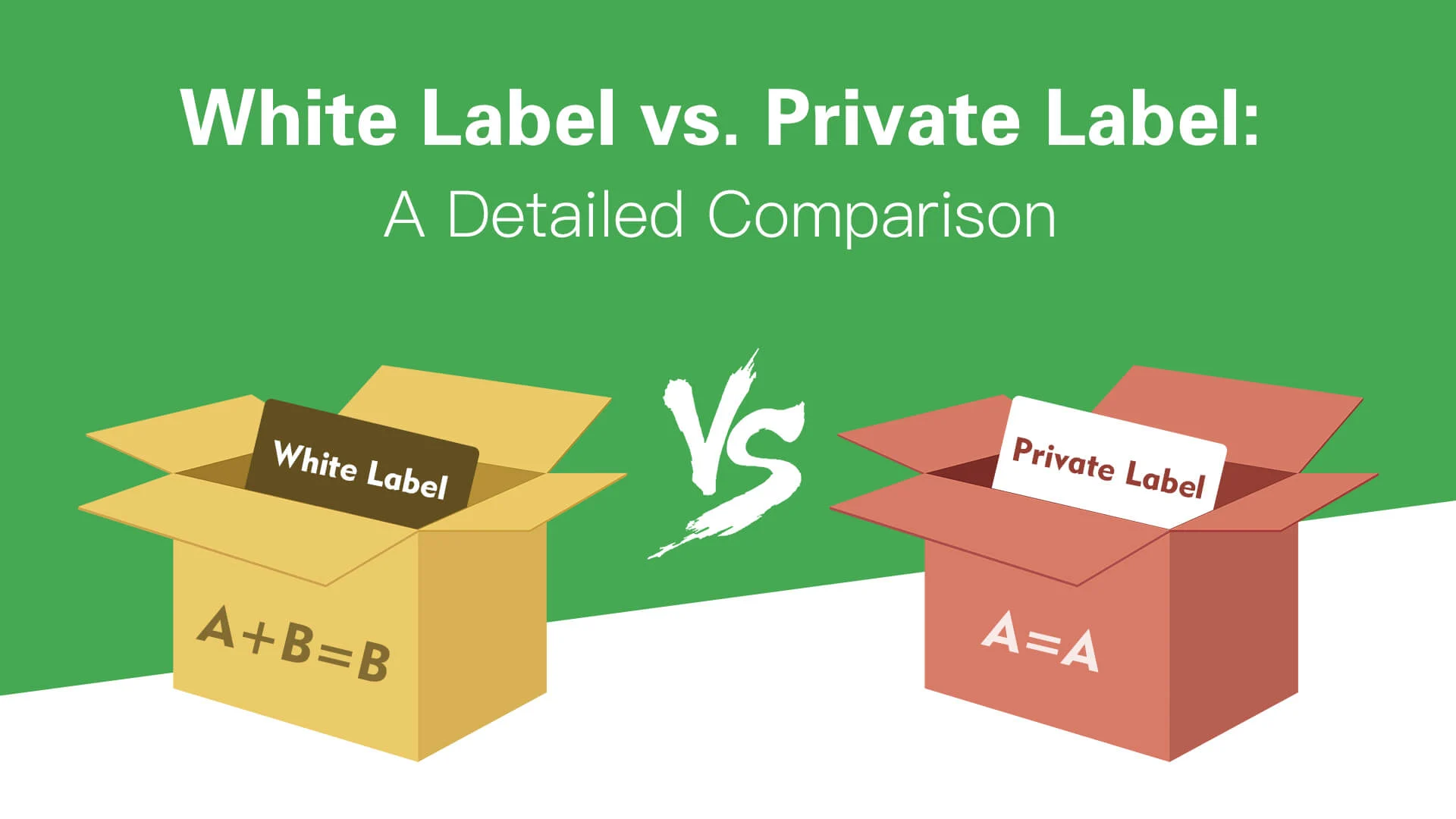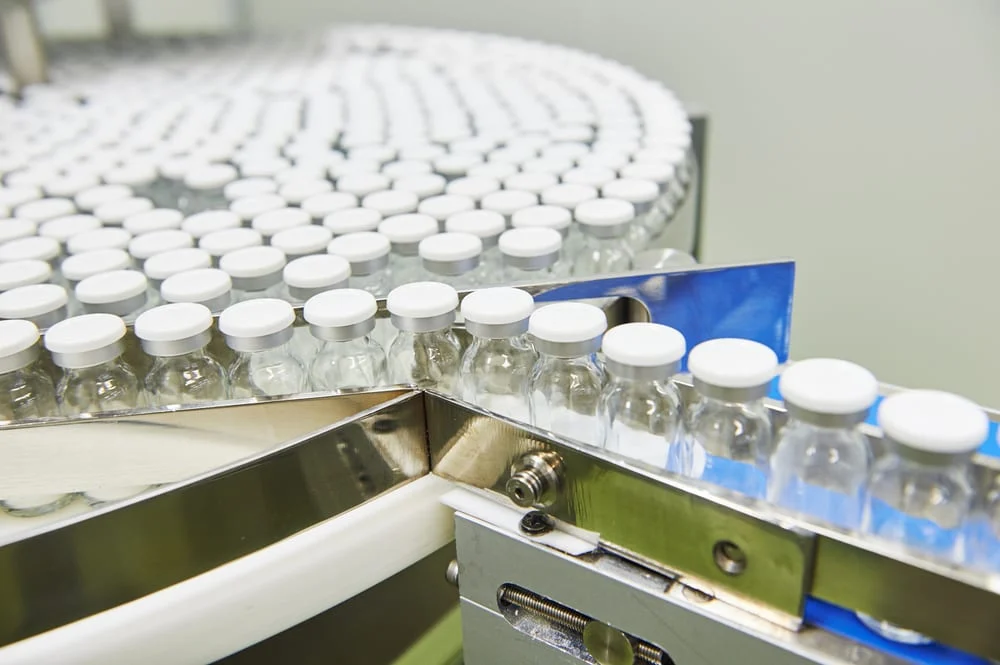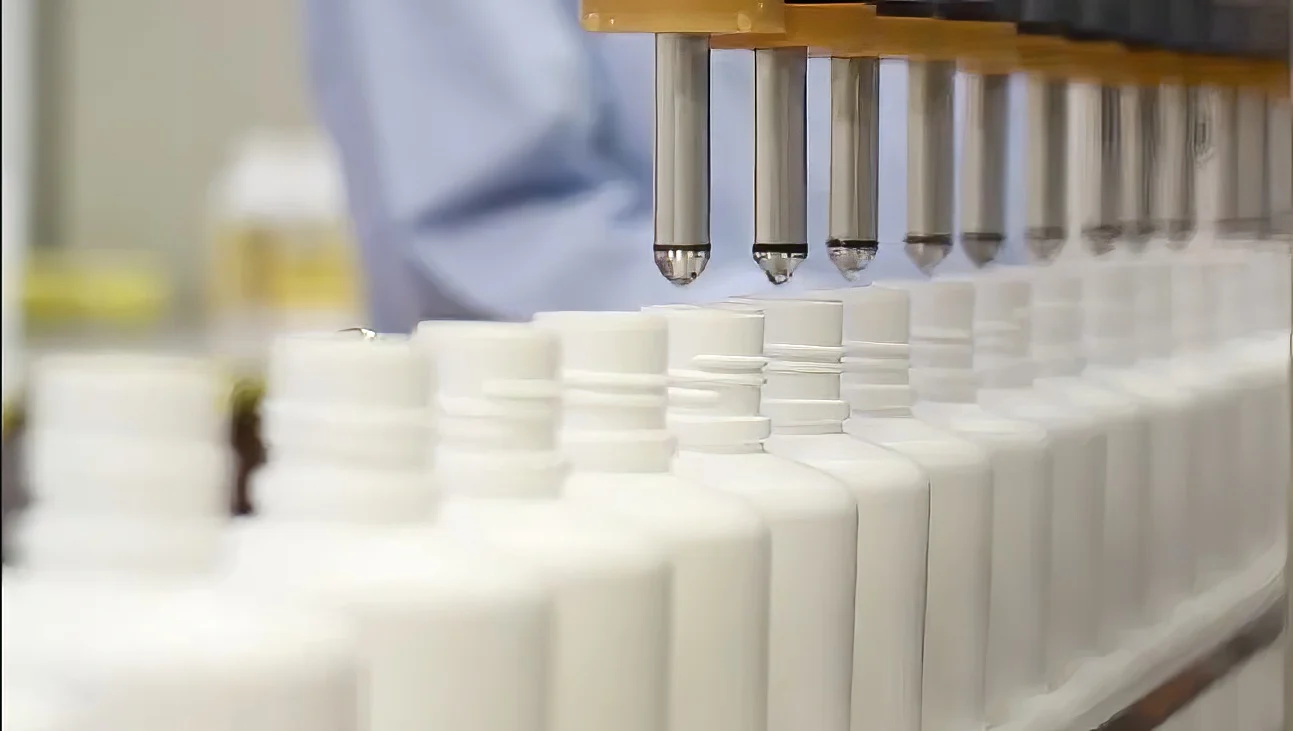So, you have an incredible idea for a supplement brand. You see the booming wellness market and know you can bring something valuable to the table. But where do you even begin? The journey from a concept to a physical product on a shelf (or a customer’s doorstep) can feel like standing at the bottom of a huge mountain.
This is especially true in the supplement world, and even more so for a product as promising as liquid vitamins. You’re not just creating a product; you’re building a brand that people will trust with their health.
That’s why we created this guide. Forget the overwhelming complexity for a moment. We’re going to walk you through it, step-by-step. Think of this as your roadmap—a complete blueprint for launching your own private label liquid vitamins brand, turning your vision into a reality you can be proud of.
Why Liquid Vitamins Are a Golden Opportunity for Your 2025 Product Line
Before we dive into the “how,” let’s talk about the “why.” While pills and gummies have their place, liquid vitamins are capturing a rapidly growing segment of the market. This isn’t just a fleeting trend; it’s a strategic move for any forward-thinking brand.
- Superior Absorption (Bioavailability): This is the number one scientific advantage. The body doesn’t need to break down a capsule or solid binder, meaning liquid vitamins can be absorbed more quickly and efficiently. This is a powerful marketing message rooted in real science.
- Growing Consumer Demand: Consumers are actively seeking easier and more effective ways to take their supplements. Liquids are perfect for children, older adults, and anyone who struggles with “pill fatigue.” It’s a solution to a very common problem.
- Market Differentiation: The supplement market is crowded. Offering a high-quality liquid formulation immediately sets you apart from the sea of standard capsules and tablets. It signals innovation and a focus on user experience.
The Essentials: Private Label vs. White Label vs. Contract Manufacturing
These terms are often used interchangeably, but they mean very different things. Choosing the right path is critical for your business model.
Private Label: Your unique brand, our expert production.
This is the sweet spot for most new and growing brands. You choose from a pre-developed, lab-tested base formula from a manufacturer and sell it under your own brand. You get a proven product without the massive R&D costs. This is what we’ll focus on in this guide.
White Label: The fastest way to market.

This is even simpler. You are essentially buying a manufacturer’s finished, un-branded product off the shelf and just putting your label on it. It’s fast, but offers zero room for customization.
Contract Manufacturing: Full control for established brands.
Here, you provide the manufacturer with your own unique, custom formula to produce exclusively for you. This offers complete control but involves significant investment in research, development, and testing. It’s the realm of large, established players.
Your 7-Step Roadmap to Launching a Successful Liquid Vitamin Line
Here is the exact blueprint, from idea to launch.
Step 1: Niche Down & Define Your Unique Selling Proposition (USP)
Your first mission is to decide who you want to help. I’ve seen so many brands fail because they tried to be everything to everyone. Instead, will you create the ultimate energy booster for busy professionals? A gentle, organic multivitamin for kids? A collagen-boosting formula for the beauty market? Nailing your niche is the foundation of your brand.
Step 2: Finding the Right Manufacturing Partner (Not Just a Supplier)
This is the most important decision you will make. You are not just buying a product; you are forming a partnership. A great partner will guide you through the complexities of formulation, compliance, and production. Look for transparency, expertise, and a team that is genuinely invested in your success.

Step 3: Formulation – Creating a Product You’re Proud Of (Custom vs. Stock)
As a private label brand, you’ll start with a manufacturer’s “stock” or “base” formula. This is a huge advantage, as these formulas are already proven to be stable, effective, and compliant. A good manufacturer will offer a range of options (e.g., multivitamins, Vitamin D3+K2, Biotin) and can often make minor tweaks, especially to the flavor profile, to make it unique to you.
Step 4: Building Your Brand: Label Design & Compliance
Now for the fun part: bringing your brand to life! While you’re working on a beautiful logo and label design, your manufacturing partner should be ensuring it meets all regulatory requirements. The FDA has strict rules about what you can and cannot say on a supplement label. A top-tier partner will review your design for compliance, protecting you from costly legal issues down the road.
Step 5: The Manufacturing Process & Why cGMP Matters
Once your formula and label are finalized, production begins. Your product will be mixed, bottled, and sealed in a facility that adheres to cGMP (Current Good Manufacturing Practices). Think of cGMP as the gold standard for quality in the supplement industry. It’s a set of regulations enforced by the FDA that guarantees your product is produced and controlled according to strict quality standards. Never partner with a manufacturer that is not cGMP-certified.
Step 6: Choosing Your Packaging & Fulfillment Logistics
How will your product be presented and shipped? You’ll choose from various bottle types (glass, plastic), cap styles (dropper, pump), and outer boxing. Simultaneously, you need a plan for getting your product to customers. Will you store inventory and ship it yourself, use a third-party logistics (3PL) company, or explore dropshipping services, which some manufacturers offer?
Step 7: Go-to-Market: Your Launch Strategy
Your product is ready! But production is only half the battle. Your launch strategy is what will drive your first sales. This could include building a Shopify store, leveraging social media marketing, collaborating with influencers in your niche, or running targeted ads. Start planning your marketing long before the product is in hand.
5 Critical Factors to Vet Your Liquid Vitamin Manufacturer
When you’re comparing partners, it can be dizzying. Use this checklist to cut through the noise and find a manufacturer you can trust for the long haul.
- Certifications and Quality Standards (cGMP, Organic, Non-GMO): Don’t just take their word for it. Ask to see their cGMP certificate. If you’re building an organic or non-GMO brand, ensure they hold the specific certifications to back up those claims.
- Minimum Order Quantity (MOQ) and Scalability: The MOQ is the smallest order you can place. For a startup, a low MOQ is crucial for managing cash flow. Ask about it upfront. Equally important, ensure they have the capacity to scale with you as your brand grows.
- Formulation Expertise and Flavoring Capabilities: Do they have experienced formulators and food scientists on staff? Flavor is king in liquid supplements. A partner with a great flavor house can make the difference between a one-time purchase and a lifelong customer.
- Lead Times and Supply Chain Transparency: “Lead time” is the duration from placing your order to receiving the finished goods. Ask for a realistic timeline. A transparent partner will also be open about their sourcing and supply chain, which is key to avoiding unexpected delays.
- Customer Service and Partnership Support: When you call or email, do you get a helpful human or an automated response? A great partner assigns you a dedicated account manager who knows your brand and is there to help you succeed.

Unpacking the Costs: What’s the Real Investment for Private Labeling?
This is the big question. While every project is different, the costs generally fall into two categories:
- One-Time Costs: These are upfront investments to get started. They can include business registration, brand design (logo, labels), website development, and sometimes a small setup fee from the manufacturer.
- Per-Unit Costs: This is the price you pay for each bottle of your product. It includes the ingredients, the bottle, the cap, the label, and the labor to produce it. This cost will decrease as your order volume (quantity) increases.
A good starting budget for a serious private label launch, including initial inventory and basic marketing, typically falls in the range of $5,000 to $15,000. A transparent manufacturer will provide you with a clear, itemized quote with no hidden fees.
Frequently Asked Questions (FAQ)
Is selling private label vitamins profitable?
Absolutely. By avoiding the massive costs of R&D and manufacturing infrastructure, you can achieve healthy profit margins. Success depends on strong branding, effective marketing, and a high-quality product that earns repeat customers.
Do I need a license to sell supplements in the US?
Generally, you do not need a specific federal license to sell dietary supplements in the United States. However, you are responsible for ensuring your product is safe and that your labeling and marketing comply with FDA and FTC regulations. This is why partnering with a cGMP-certified manufacturer is non-negotiable.
What’s the typical timeline from start to finish?
A realistic timeline for a private label launch is typically 8-12 weeks from the day you finalize your order. This includes ingredient sourcing, production scheduling, manufacturing, quality testing, and shipping.
Ready to Build Your Vitamin Brand?
Embarking on this journey is an exciting prospect. Building a brand that genuinely helps people improve their health is one of the most rewarding ventures you can undertake. The key is to move forward with a clear plan and the right partner by your side.
If you’re looking for a transparent, cGMP-certified partner who is as committed to your brand’s quality and success as you are, we’re here to help.
Contact our team of supplement specialists today for a free, no-obligation consultation. Let’s explore your vision and build your dream brand together.



